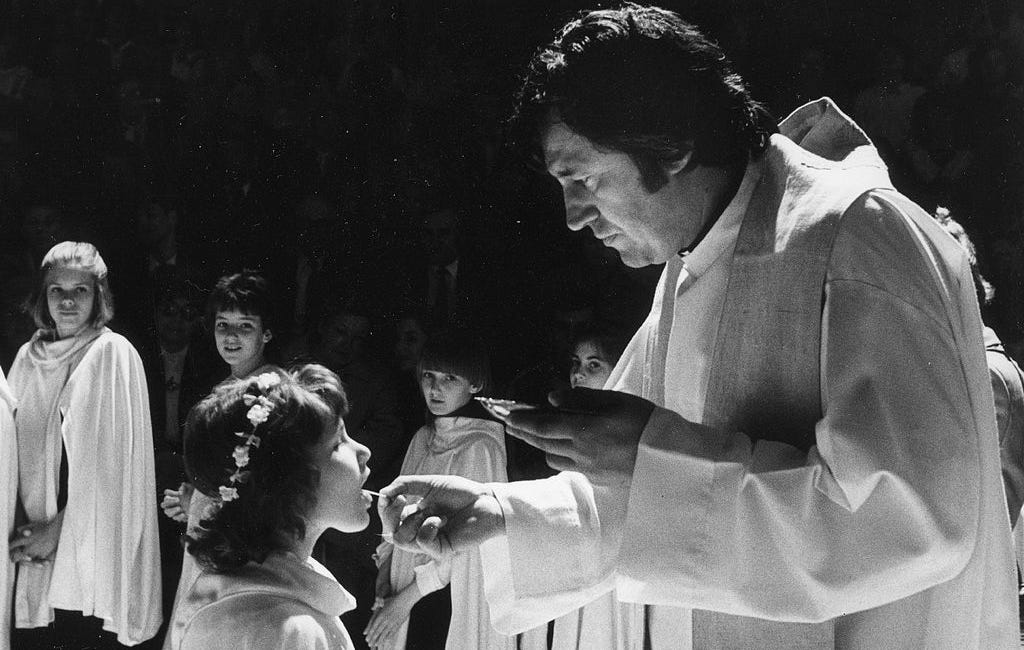It was in the midst of life’s spring
When I took to the road;
I left behind youth’s happy dance
And my father’s abode.
In good faith, I then cast away
All possessions I had,
And with a childlike heart set off
With walking staff in hand.
Now ebullient with hope,
A dark word of faith made me bold:
“Go hence, upon the open road,
Towards the east of old.”
“Travel until you reach a gate
Of gold and wander in;
There, earthly things will soon become
Immortal and divine.”
Evening came and morning went—
Never, did I ever stop.
Yet no matter how hard I searched,
Somehow I had no luck.
Mountains impeded my ascent,
And rivers blocked my trails;
So I built bridges and then crossed
Over wild floods and dales.
Then I came to a riverbank,
which softly traveled east.
And trusting my faith to the flood,
I jumped into the waves.
The silvery waters carried me
Towards a raging sea.
Amidst the vastness, my goal still
Remained as far and bleak.
Alas, no way could take me there;
The heavens stainless and so clear
Can never kiss the sea below—
And there is never here.
Translation © David B. Gosselin
Original
Noch in meines Lebens Lenze
War ich, und ich wandert’ aus,
Und der Jugend frohe Tänze
Liess ich in des Vaters Haus.
All mein Erbteil, meine Habe,
Warf ich fröhlich glauben hin,
Und am leichten Pilgerstabe
Zog ich fort mit Kindersinn.
Denn mich trieb ein mächtig Hoffen
Und ein dunkles Glaubenswort,
„Wandle,“ rief’s, „der Weg ist offen,
Immer nach dem Aufgang fort.
„Bis zu einer goldnen Pforten
Du gelangst, da gehst du ein,
Denn das Irdische wird dorten
Himmlisch, unvergänglich sein.“
Abend ward’s und wurde Morgen,
Nimmer, nimmer stand ich still,
Aber immer blieb’s verborgen,
Was ich suche, was ich will.
Berge lagen mir im Wege,
Ströme hemmten meinen Fuss,
Über Schlünde baut ich Stege,
Brücken durch den wilden Fluss.
Und zu eines Stroms Gestaden
Kam ich, der nach Morgen floss;
Froh vertrauend seinem Faden,
Warf ich mich in seinen Schoss.
Hin zu einem grossen Meere
Trieb mich seiner Wellen Spiel;
Vor mir liegt’s in weiter Leere,
Näher bin ich nicht dem Ziel.
Ach, kein Weg will dahin führen,
Ach, der Himmel über mir
Will die Erde nicht berühen,
Und das Dort ist niemals hier!
The Commencement of a New Century & Other Poems by Friedrich Schiller
Featured in New Lyre Summer 2023







I often shy away from translations, or more precisely I am driven away by the chasm of accomplishment which frequently separates a well wrought original from the ghost of a translation. Fortunately I have not encountered such difficulties when reading David Gosselin's renditions of Schiller, and his latest effort, The Pilgrim, is no exception in this regard. It seems to capture well Schiller's straightforward but rich narrative and musical qualities. The modulation of line lengths and rhymes seems to me, even with my limited German, to hearken back to the octosyllabic and heptasyllabic elegance and clarity of the original, without neglect to the music of Sciller's lines. David Gosselin's version lives up to the expectation that a translation not suffer from failing to be a good poem in its own right.
It helps for a translator to have an affinity for the poet he translates, and I think David Gosselin has a real affinity for Schiller. And vice versa.